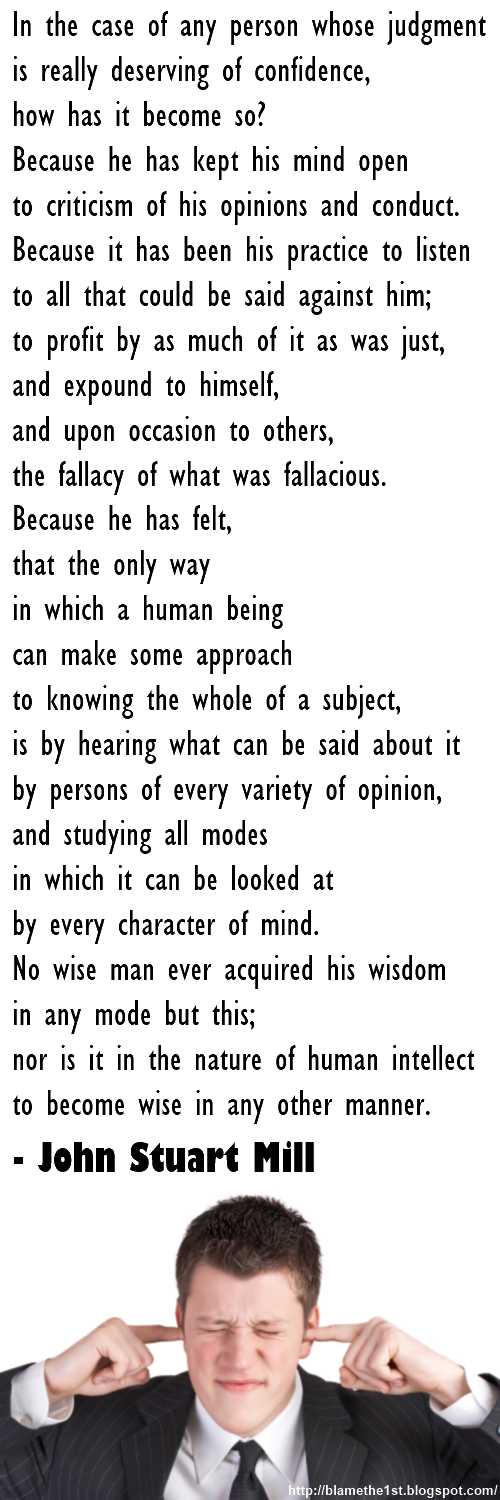
A question seldom stated, and hardly ever discussed, in general terms, but which profoundly influences the practical controversies of the age by its latent presence, and is likely soon to make itself recognized as the vital question of the future.


The subject of this Essay is not the so-called Liberty of the Will, so unfortunately opposed to the misnamed doctrine of Philosophical Necessity but Civil, or Social Liberty: the nature and limits of the power which can be legitimately exercised by society over the individual. This edition includes a biographical afterword. This representative selection collects together his principal works. Arguably one of the most important political thinkers of the modern era, John Stuart’s Mill’s influence on Western civilization cannot be overstated. Lastly, “The Subjection of Women” is an essay co-written with his wife, Harriet Taylor Mill, arguing in favor of equality between the sexes. In “Considerations on Representative Government,” Mill makes his arguments for the representative form of government as the ideal one. As he puts it, “The struggle between liberty and authority is the most conspicuous feature in the portions of history with which we are earliest familiar.” Second in this volume, “Utilitarianism” is the classic exposition of the Utilitarian philosophy, the basic principle of which is that one’s actions should be guided towards outcomes that create the greatest good for the greatest numbers of people. In “On Liberty” Mill eloquently ponders the question of where the line should be drawn between the freedom of individuals and the authority of the state. “On Liberty and Other Essays” brings together the most important works of philosopher and political economist John Stuart Mill.


 0 kommentar(er)
0 kommentar(er)
